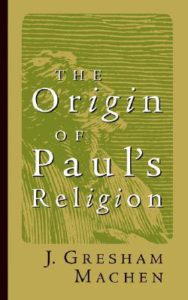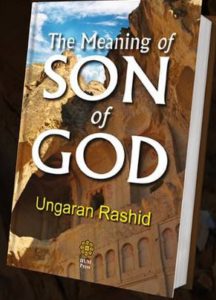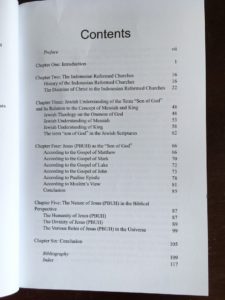If the heart of the cross is the atonement, the heart of the atonement is penal substitution. Christ’s Death as Penal Substitutionary The prima facie evidence from Scripture supports the case for Christ’s death as penal substitutionary. This is clear from the following verses. Christ died for the ungodly (Rom. 5:6) Christ died for … Continue reading “Christ’s Death as Expiation-Propitiation (Hilasterion): Appeasing the Wrath of God”
If the heart of the cross is the atonement, the heart of the atonement is penal substitution.
Christ’s Death as Penal Substitutionary
The prima facie evidence from Scripture supports the case for Christ’s death as penal substitutionary. This is clear from the following verses.
Christ died for the ungodly (Rom. 5:6)
Christ died for us (Rom. 5:8)
Christ died for our sins (1 Cor. 15:3)
he made him who knew no sin to be sin for us (2 Cor. 5:21)
who gave himself for our sins (Gal. l :4)
who gave himself for me (Gal. 2:20)
Christ redeemed us from the curse of the Law by becoming a curse for us
(Gal. 3: 13)
who gave himself as a ransom for all (I Tim. 2:6)
and to give his life as a ransom for many (Mark 10:45)
Christ suffered for you (I Pet. 2:21)
He himself bore our sins in his body ( 1 Pet. 2:24a)
By his wounds you have been healed (1 Pet. 2:24b)
For Christ also suffered once for sins, the righteous for the unrighteous (1 Pet. 3: 18)
These verses confirm beyond dispute that Christ died for us. However, how Christ’s death brings reconciliation between the holy God and sinful man is hotly debated. Some scholars teach that Christ died as our representative who advocates or pleas for us as we are not personally present in the judgment court of God. However for evangelicals, these verses require an understanding of Christ’s death which goes further than Christ dying as our representative – Christ died as our substitute on the cross.
To sharpen the difference between the representative and the substitute – the substitute not only pleas for his client, he takes his place on the dock. He becomes the accused who is condemned as guilty. He takes the place of his client as he is executed on the cross. As he took punishment in our place, we are so to say present in him. The phrases “gave himself”, “bore our sin”, “to be sin”, “becoming a curse”, “as a ransom”, and the interchangeability of statements about Christ’s death “for our sins” and Christ’s death “for us” suggests that Christ suffered the penalty that was due to us. The inseparable link between substitution and penalty demands an understanding of Christ’s death as a penal substitution “for us” and “our sins”. Continue reading “Christ’s Death as Expiation-Propitiation (Hilasterion): Appeasing the Wrath of God”






